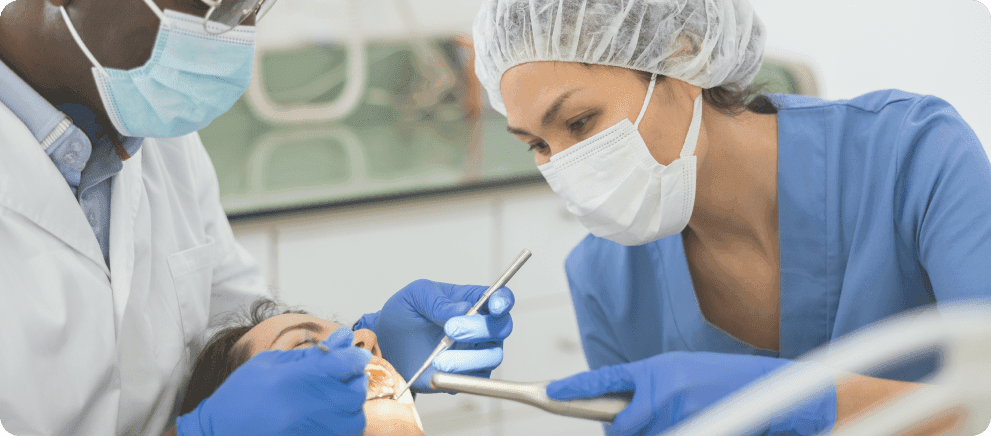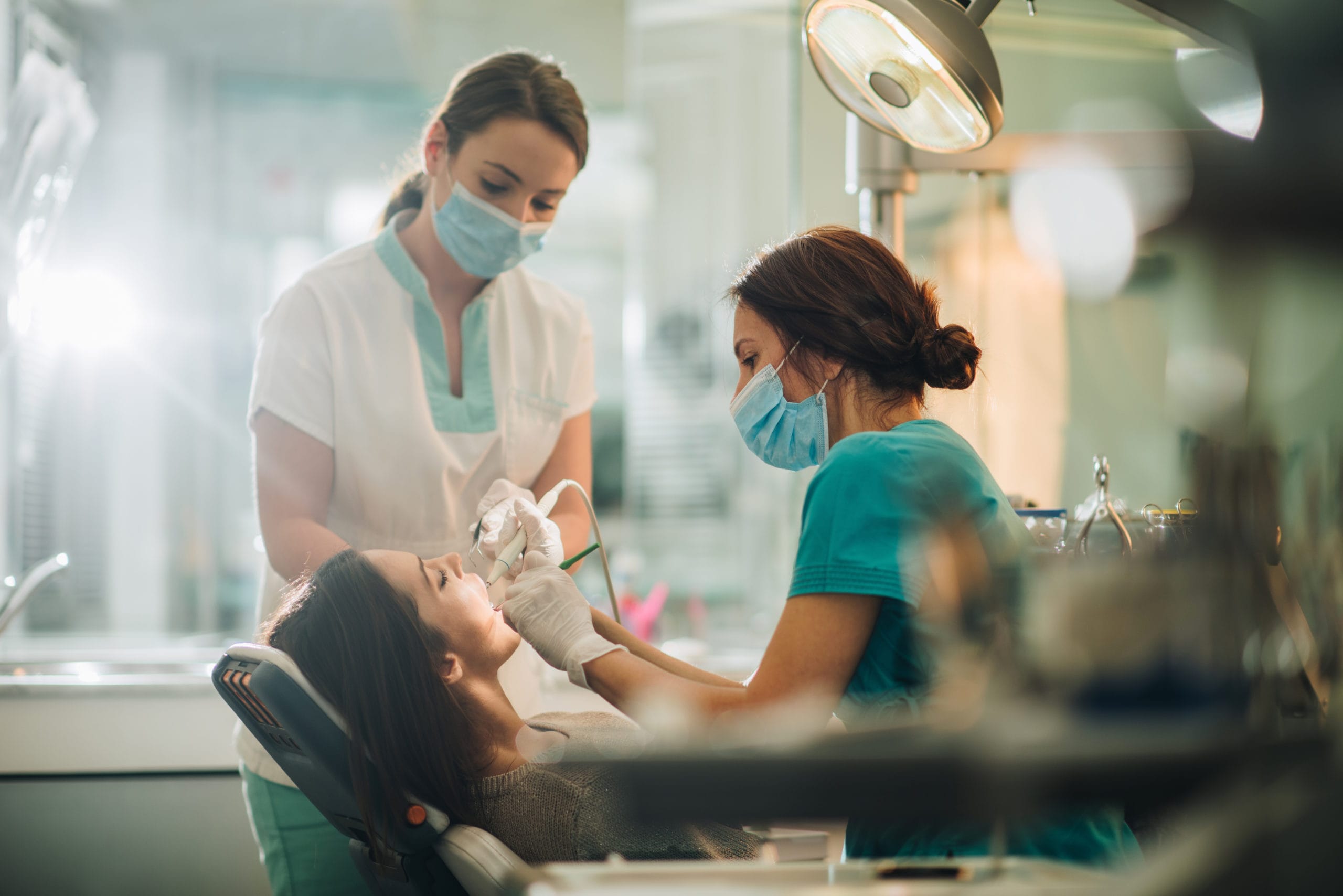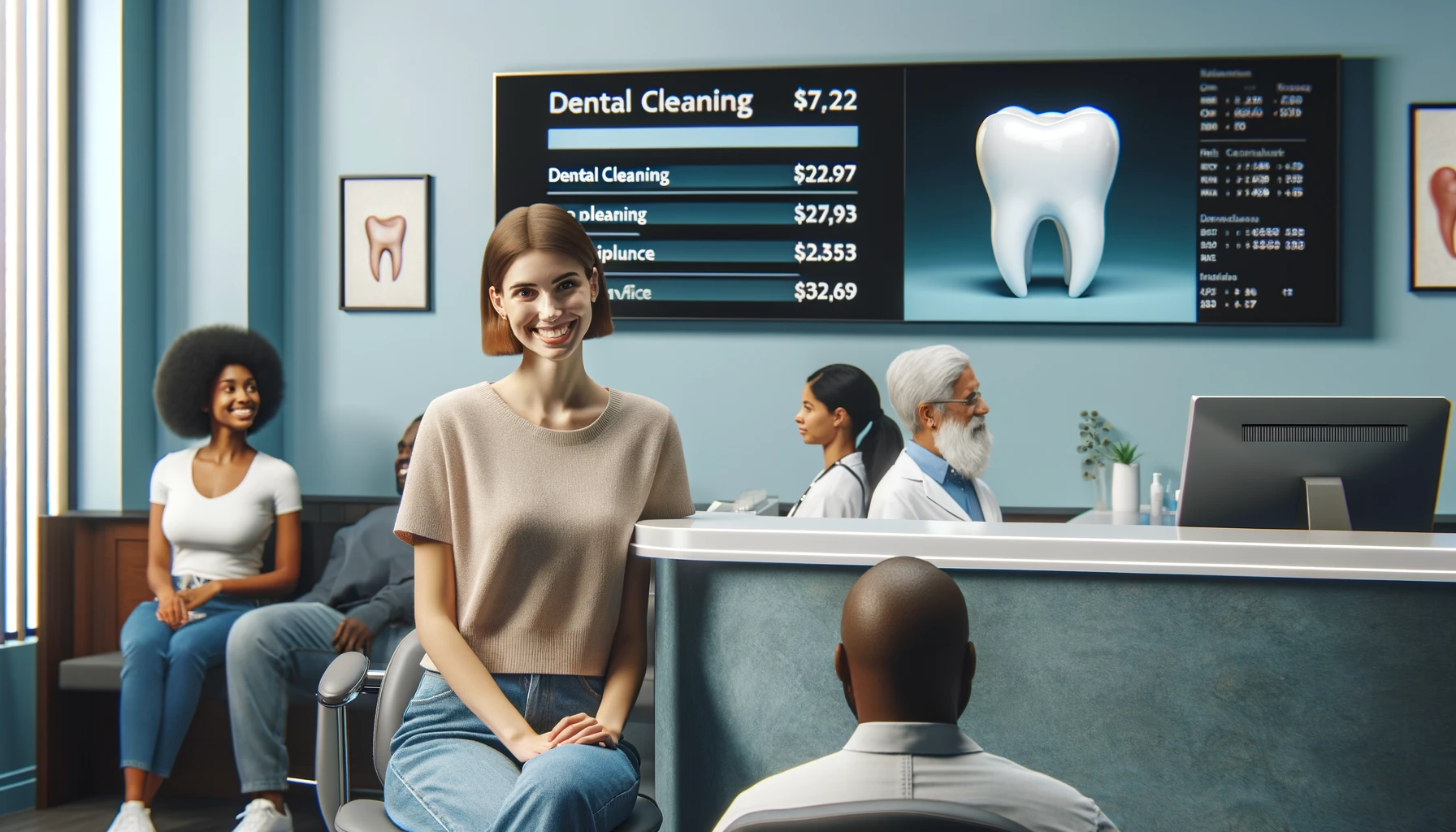Dental hygienists play a vital role in promoting oral health by providing preventive care and educating patients on effective dental hygiene practices. Understanding their salary potential is essential for anyone considering a career in this rewarding field. In this article, we will examine:
The average salaries of dental hygienists across the United States.
Key factors that influence their earnings, such as location, experience, and education.
The promising job outlook for dental hygienists, highlighting opportunities for career growth.
By exploring these aspects, you will gain valuable insights into what you can expect as a dental hygienist.
Average Salary of Dental Hygienists
According to the Bureau of Labor Statistics (BLS), the median annual wage for dental hygienists reached $87,530 in May 2023. However, salaries can vary significantly based on several factors, including location, experience, and the type of dental practice.
State-by-State Salary Breakdown
The earnings of dental hygienists vary significantly across the United States, influenced by factors such as location, experience, and the demand for dental services. According to the U.S. Bureau of Labor Statistics, the median annual wage for dental hygienists was approximately $87,530 in 2023, with an average hourly wage of $42.08. This profession not only offers a stable income but also provides opportunities to positively impact patients’ oral health.
Here is a detailed overview of average salaries by state:
- California: $111,580 annually ($53.65 hourly)
- Alaska: $115,510 annually ($55.53 hourly)
- New York: $84,860 annually ($40.80 hourly)
- Florida: $81,180 annually ($39.03 hourly)
- Texas: $79,690 annually ($38.31 hourly)
Top Paying States for Dental Hygienists
The states offering the highest salaries for dental hygienists are:
- Alaska: $115,510 annually
- California: $111,580 annually
- Washington: $111,430 annually
- New Jersey: $94,610 annually
- Oregon: $95,360 annually
In addition to state averages, metropolitan areas often provide even higher salaries due to increased demand and cost of living adjustments. For instance, locations like Santa Maria-Santa Barbara, CA, and San Jose-Sunnyvale-Santa Clara, CA, report average annual salaries exceeding $125,000.
As the demand for dental hygienists continues to grow—projected at a rate of 9% from 2023 to 2033—individuals in this field can expect robust job security and competitive compensation. Factors such as advanced certifications and specialized skills can further enhance earning potential in this rewarding career.
Factors Influencing Dental Hygienist Salaries
Several key factors significantly impact the salary of a dental hygienist:
1. Experience
Experience is a crucial determinant of salary levels. According to recent data, the average salaries for dental hygienists based on experience are as follows:
- 1-3 years: $88,242
- 4-6 years: $94,241
- 7-9 years: $99,597
- 10-14 years: $110,797
- 15+ years: $126,585
As dental hygienists gain experience, their earning potential increases significantly. In 2024, the national average income for full-time registered dental hygienists (RDHs) reached approximately $81,360, with many professionals earning between $60,000 and $100,000 depending on various factors.
2. Location
The cost of living and demand for dental services vary by region and directly affect salaries. For instance, dental hygienists in metropolitan areas with high living costs—such as New York City and Los Angeles—typically earn more than those in rural settings. Current salary estimates indicate that dental hygienists in New York can earn around $127,304, while those in Los Angeles can make approximately $121,798 annually.
3. Type of Practice
The type of dental practice influences earnings as well. Dental hygienists working in private practices often have different salary structures compared to those employed in corporate environments or public health settings. As of 2024, the average salary for dental hygienists in private practices is about $90,160, while those in outpatient care centers earn a similar amount. Additionally, dental hygienists who pursue roles outside traditional clinical settings may see variations in their income based on the industry.
4. Education and Specialization
While a two-year degree is generally sufficient to enter the profession, those with advanced degrees or specializations can command higher salaries. Specialties such as pediatric dentistry or periodontics often lead to increased earning potential. Furthermore, obtaining additional certifications can enhance job prospects and salary negotiations. For example, dental hygienists with specialized training may earn significantly more than their peers without such qualifications.
The salary of a dental hygienist is influenced by multiple factors including experience, location, type of practice, and education level. With the right combination of these elements, dental hygienists can achieve a rewarding career both financially and professionally.
Job Outlook for Dental Hygienists
The job outlook for dental hygienists is bright, with employment projected to grow by 9% from 2021 to 2031, according to BLS data. This growth is driven by an increasing emphasis on preventive dental care and an aging population that requires more comprehensive dental services.
Conclusion
Dental hygienists enjoy competitive salaries that vary based on experience, location, and practice type. With a favorable job outlook and opportunities for career advancement, pursuing a career in dental hygiene is an attractive option for those interested in the field. By understanding the factors that influence dental hygienist salaries and staying informed about industry trends, you can make well-informed decisions about your professional journey.














